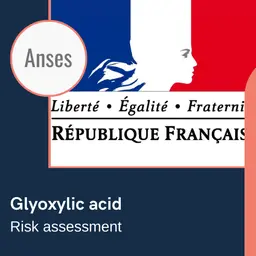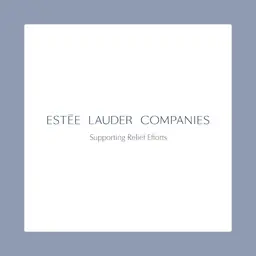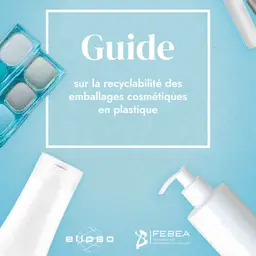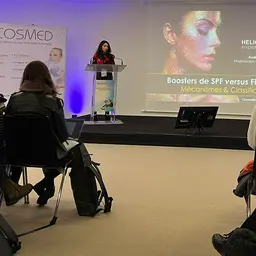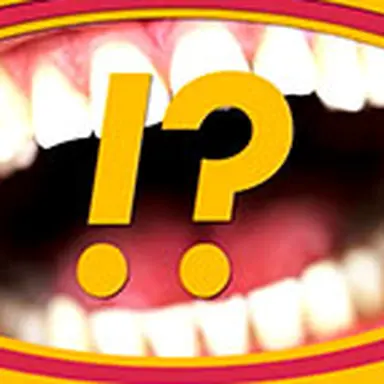
Seven a.m.… you get out of bed, have a shower, brush your teeth, and regret it at breakfast. You regret brushing your teeth right when the first drop of orange juice enters in contact with your tongue. But why? Why does one of your morning little pleasures suddenly transforms into a taste horror? The answer is simple.
In a video posted on the Smithsonian Institution’s website (American institution for scientific research), it is explained our tongue contains 10,000 taste buds with 100 taste receptors cells each. Thanks to these taste buds, we are able to sense five different types of taste: salty, sweet, bitter, sour and umami.
There are four main ingredients in the composition of toothpaste: water, abrasives (which help remove plaque from teeth as well as stains and food residues), fluoride (to prevent cavities), and a detergent called Sodium lauryl sulphate (SLS).
But what is SLS?
Sodium lauryl sulphate is a detergent, but also a surfactant. In addition, it is a foaming, cleansing, and emulsifying agent. This is what it is used for. However, when you brush your teeth, it has another effect: it alters the proper functioning of your taste receptors cells by blocking those that sense ‘sweet’ and ramping up the ones for ‘bitter’.
Now, knowing this, it is no wonder anything you might put in your mouth after you have just brushed your teeth tastes weird. A tip? Brush your teeth after you have drunk your morning orange juice!
MW
Learn more
• See article and video ‘The Science of Why Toothpaste …






